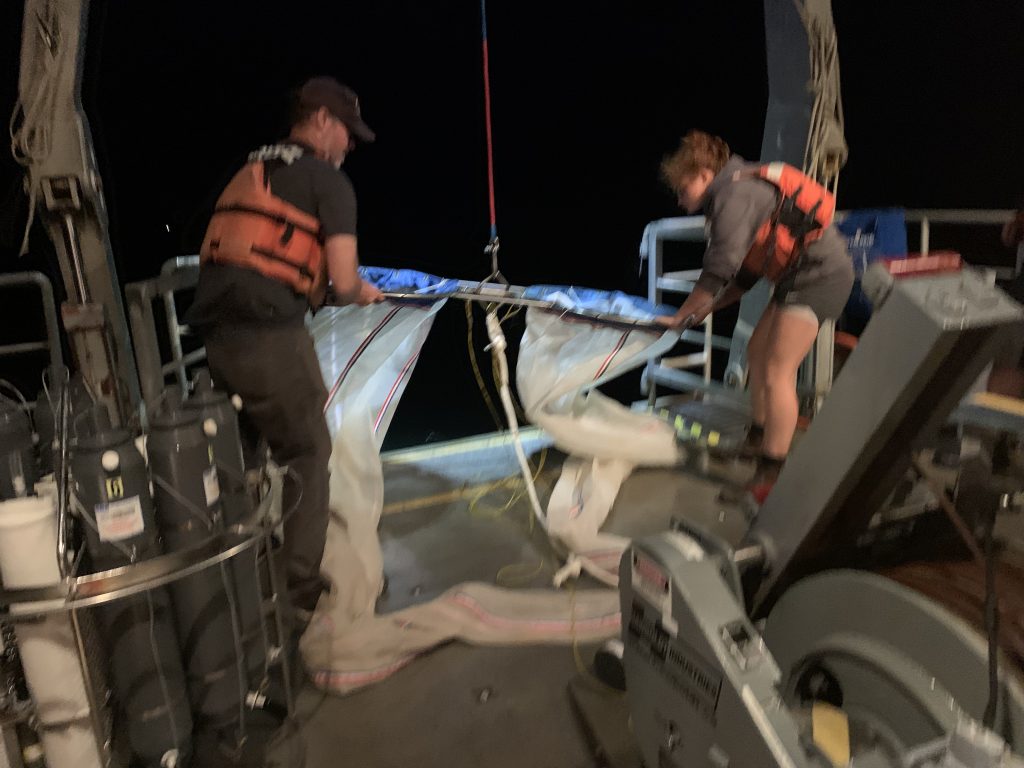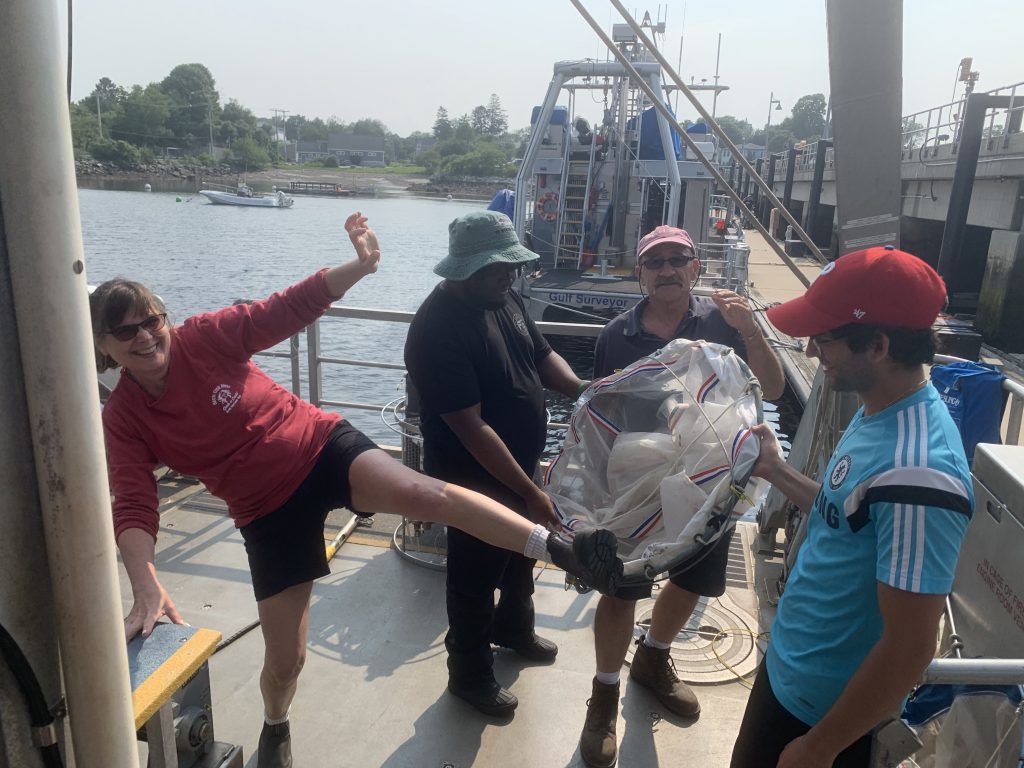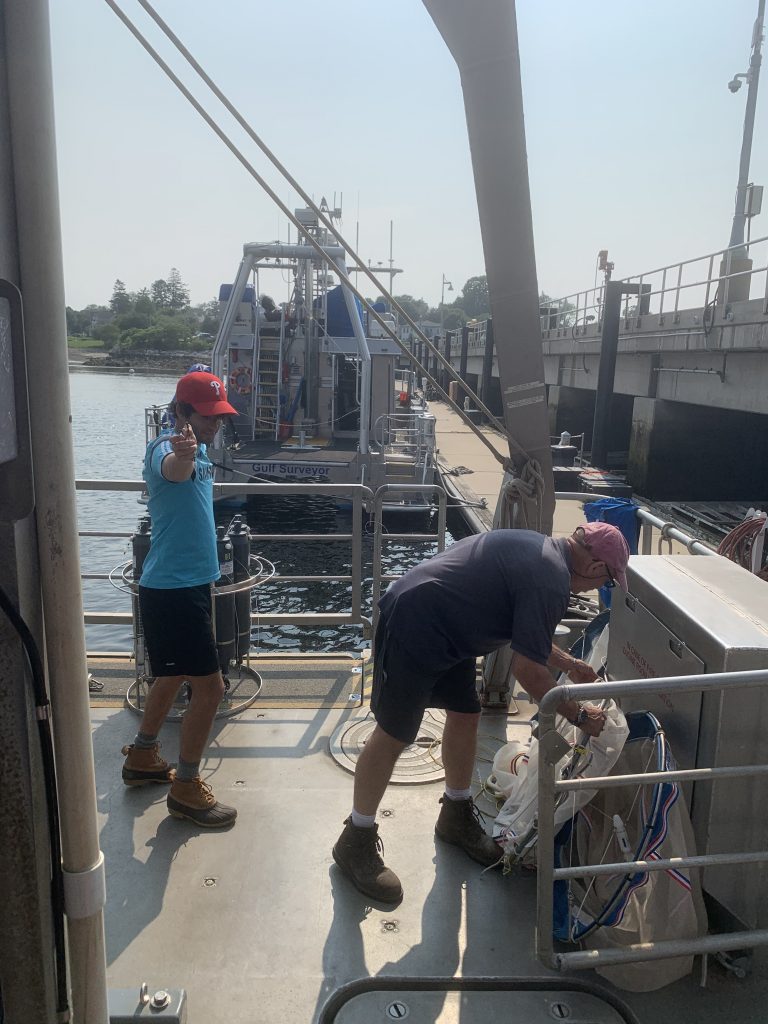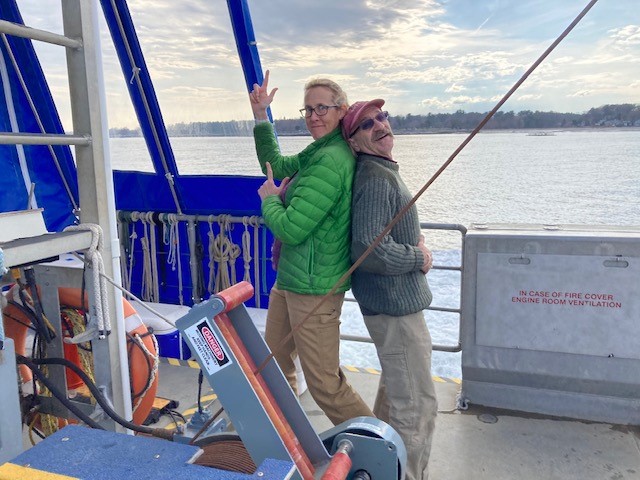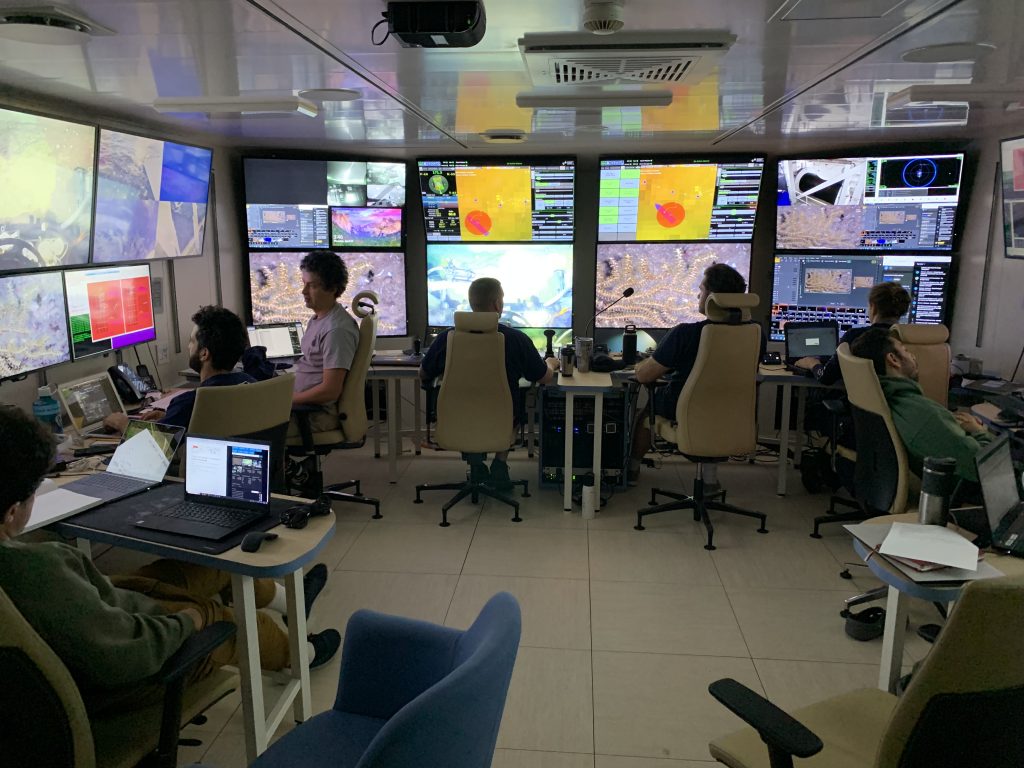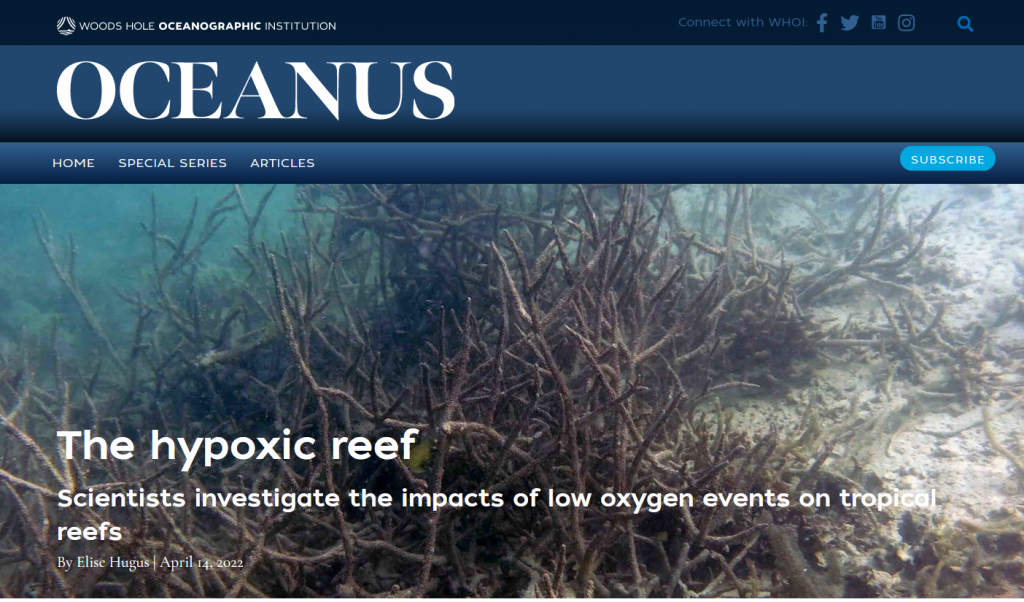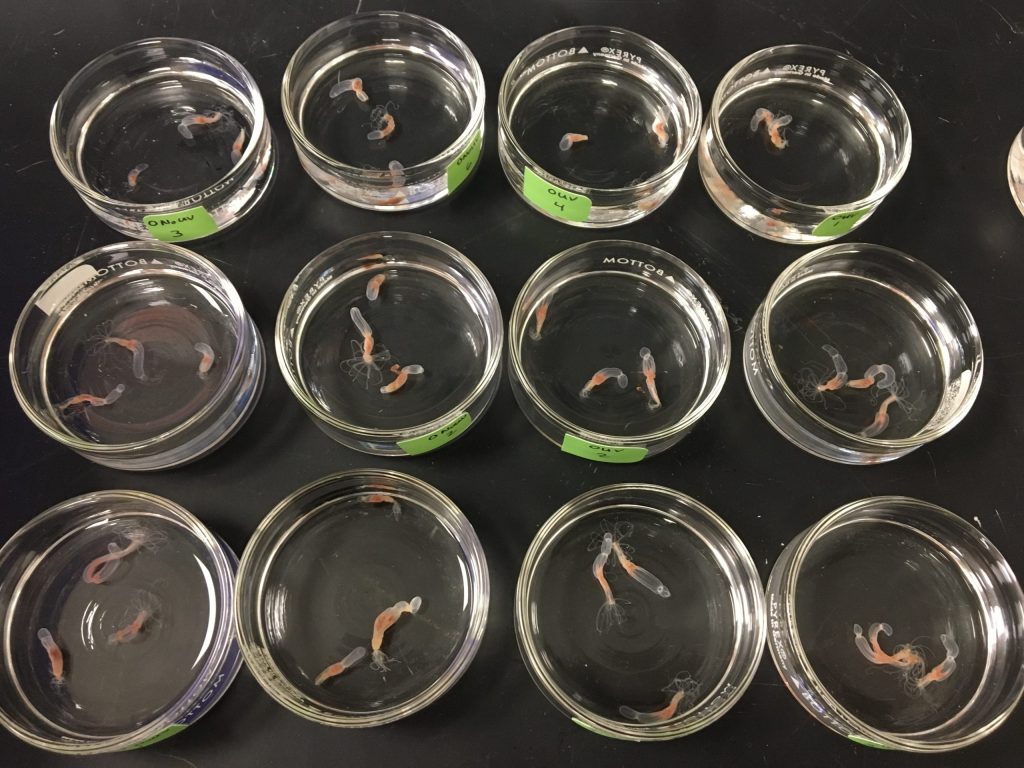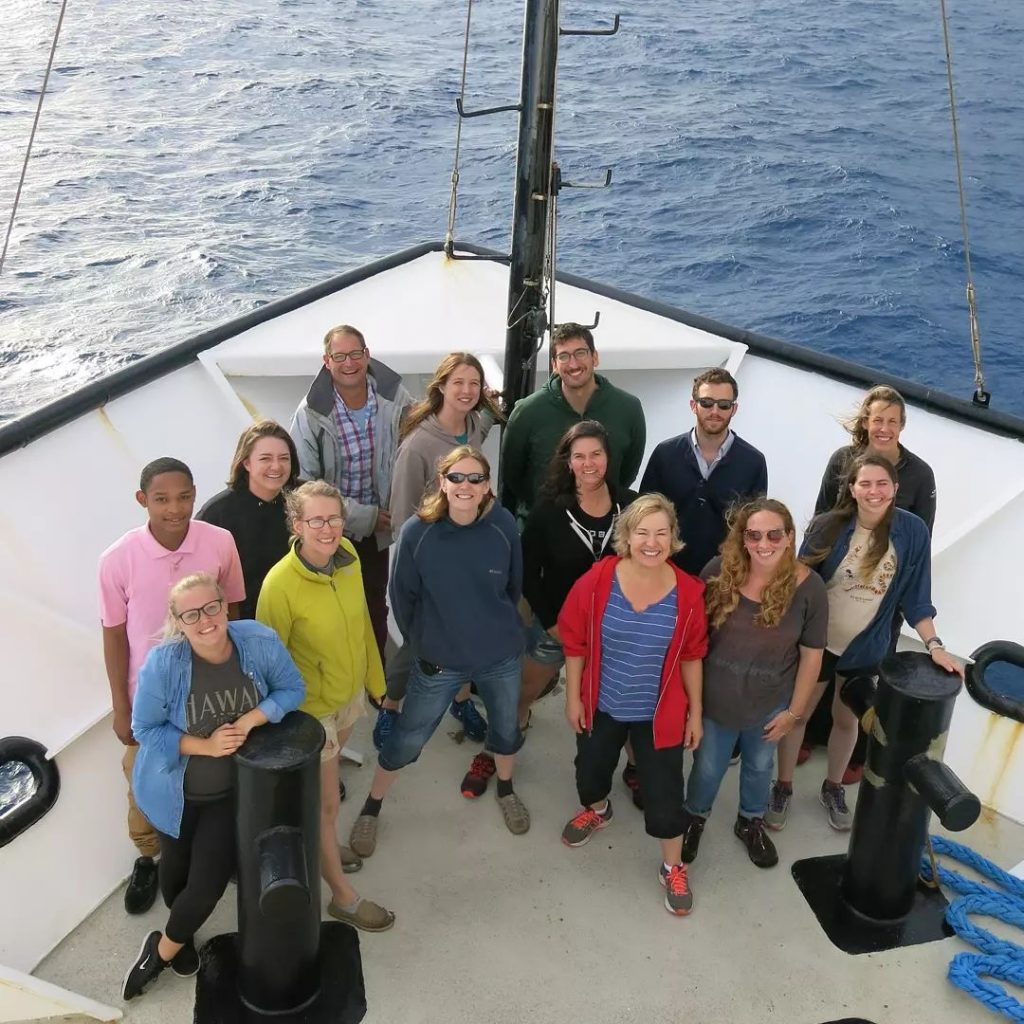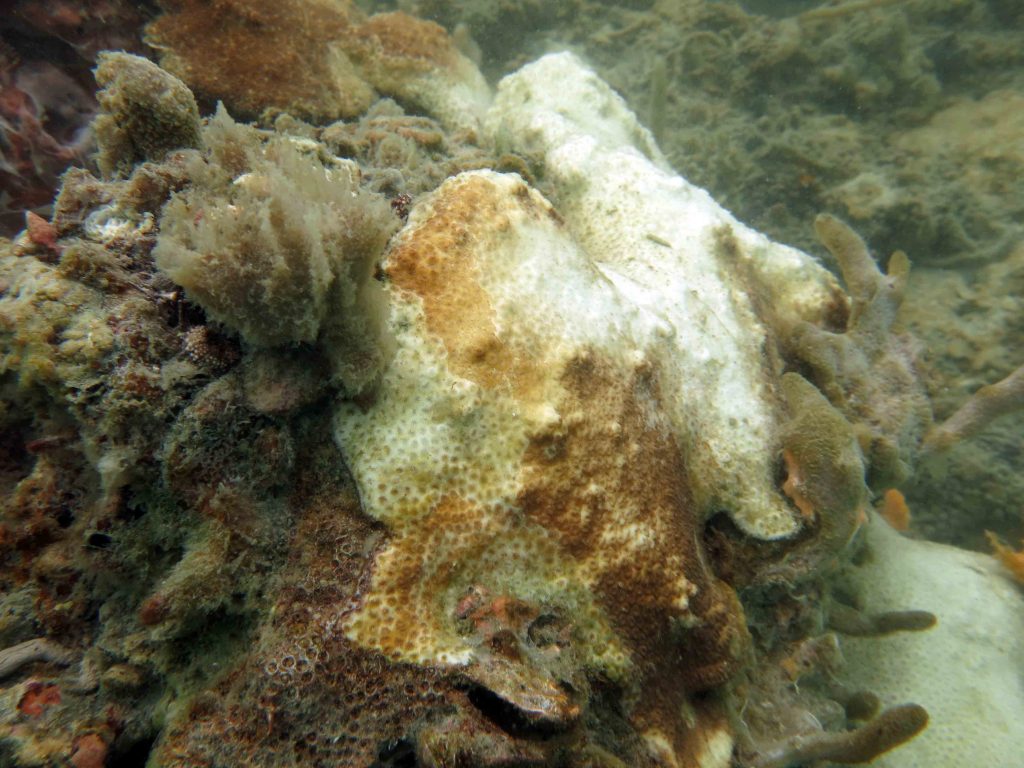Uncategorized
Adventures in the Gulf of Maine – Part 4(!)
This is the last of four posts about our field campaign in the Gulf of Maine during Spring/Summer 2023. This field campaign was harder than I had expected, but we could finally see the finish line. We just needed to make one last trip to sample an inshore station and round out our data set.…
Read MoreAdventures in the Gulf of Maine – Part 3
This is the third of four posts about our field campaign in the Gulf of Maine during Spring/Summer 2023. Our goal was to gain insight into the prevalence of mixotrophy in the Gulf of Maine and the potential importance of mixotrophs in supporting copepod populations. We had been planning to sample at three times in…
Read MoreAdventures in the Gulf of Maine — Part 2
This is the second of three (or more?) posts about our field campaign in the Gulf of Maine during Spring/Summer 2023. By the beginning of June, we had completed our first of three cruises and were feeling pretty good. The goals was to collect samples from the nearby Gulf of Maine that would allow us…
Read MoreAdventures in the Gulf of Maine – Part 1
This is the first of two (or more?) posts about our field campaign in the Gulf of Maine during Spring/Summer 2023. It started with a simple idea. Becky (Rebecca Gast) suggested that we might work together to study the extent to which feeding on mixotrophic plankton supports the growth and reproduction of copepods. For me,…
Read MoreDiagnosing Deep Corals
I’ve gotten waaaay behind on updating this blog, and there is a lot to catch up on! Over the next several posts, I’ll share highlights from two recent field campaigns. This post focuses on the “Coral Pulse” cruise that I joined in April aboard the R/V Falkor (too), operated by the Schmidt Ocean Institute. The…
Read More“The Hypoxic Reef” and a small-town coincidence
Oceanus has recently published an article highlighting our studies of the effects of hypoxia on corals. This work is led by former WHOI postdoc Maggie Johnson, and current postdoc Yaamini Venkataraman is contributing to the bioinformatic analyses. If you are interested in this work, you might also this article by Maggie and collaborators and my…
Read MoreUV and Weathered Oil are [more than] double trouble for ‘Stella
[this post was written by Cory Berger] In a paper recently published in Marine Environmental Research, we characterized the transcriptomic response of our favorite sea anemone, Nematostella vectensis, to weathered oil and/or UV radiation. You can find the paper here. Nematostella, like other coastal organisms, is vulnerable to oil spills, and because it lives in…
Read MoreA day in the life of a copepod
(modified from a Facebook post by Amy Maas Oct. 15 2021) In May of 2019 #zoopgroup headed out to sea to try to figure out the daily cycle of a copepods metabolism. A bunch of my beloved people came along for the trip including Ann Tarrant from @whoi.ocean @amnopanic , @bee.widner and it was my…
Read MoreConflicted about #NSFfunded
Don’t get me wrong…I love NSF, love getting funded by NSF, and think it’s important for scientists and the public to understand the important role that NSF plays in our society. “The NSF funds research and education in science and engineering, through grants, contracts, and cooperative agreements. The Foundation accounts for about 20 percent of…
Read MoreWhen it gets “harder and harder to breathe” on a coral reef
[all photos by Maggie Johnson] Postdoc Maggie Johnson is a lead author on a new paper that describes the impacts of an acute hypoxia event on a coral reef off the Caribbean coast of Panama. You can find a great description of the work in this press release and can read the full paper here.…
Read More